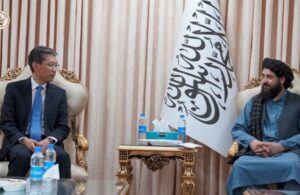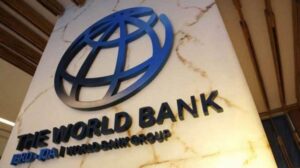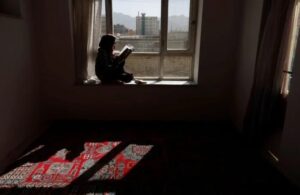KABUL (SW) – Rights groups have condemned the forceful cancellation of a conference on the state of press freedom in Afghanistan by the Afghanistan Federation of Journalists and Media.
The Office of the United Nations Assistance Mission in Afghanistan (UNAMA) has reacted to the Islamic Emirate’s ban on holding the press conference, calling it a restriction on freedom of expression.
Blocking the media from holding a press conference is a disturbing restriction on free expression. The Taliban are urged to support dialogue among Afghans and not to try and gag those they think may have different views, UNAMA tweeted.
A meeting on the situation of journalists and media in the country was scheduled to be held on Wednesday in Kabul by the Afghanistan Federation of Journalists and Media, but members of the federation say they have not been allowed to meet and the Islamic Emirate has canceled the meeting.
Amnesty International has called the Islamic Emirate’s crackdown on the free media and a blatant attack on journalism. It wrote on Twitter today that the media has a key role to play in informing the world about the situation in Afghanistan. It emphasized that media workers and journalists in Afghanistan must work freely and be protected.
The Freedom House for Expression today issued a statement saying that the canceling of the press conference by the Islamic Emirate was a clear violation of freedom of expression. It urged the Islamic Emirate not to further violate freedom of expression. It added in the statement that this action of the Islamic Emirate is in clear contradiction with the promises of the leaders of the Islamic Emirate at the recent Oslo summit.
It called on the Islamic Emirate not to hamper the freedom of expression, which is a common achievement of the citizens of Afghanistan. It also demanded the authorities to avoid creating an atmosphere of terror.
It has also called on the international community, the EU Delegation in Kabul and the Office of the United Nations Assistance Mission in Afghanistan to use diplomatic channels to prevent curbs on the free media.
ENDS






